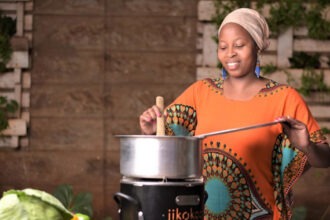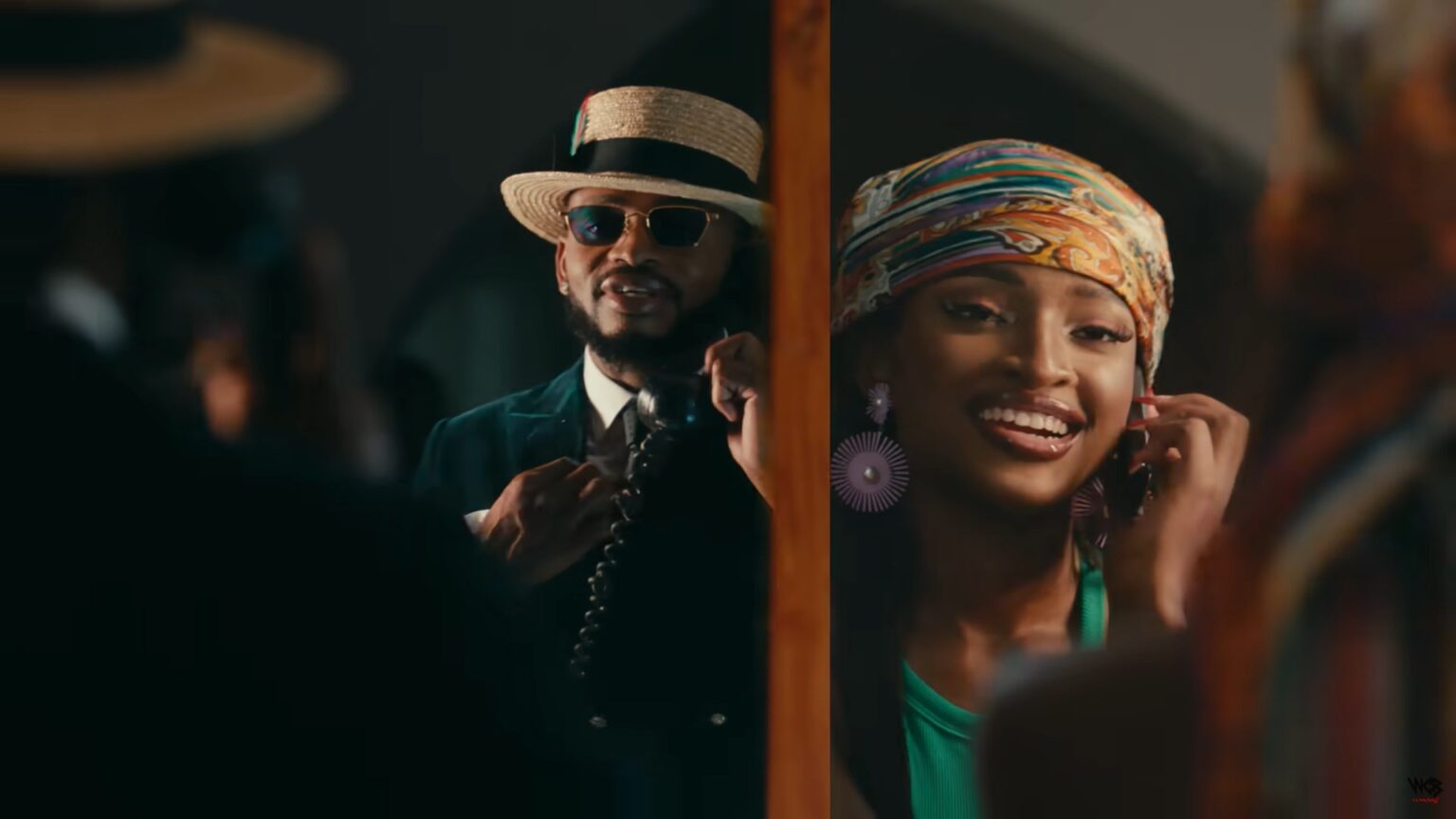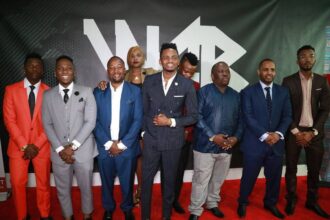When Diamond Platnumz released “Nani” on October 10, 2025, it felt like a moment of return — not just to the airwaves, but to the emotional heartbeat of Tanzanian love songs. The track, produced by S2Kizzy, is smooth yet sharp, light-hearted yet layered with pride and vulnerability.
Underneath its catchy chorus, “We bwana we, niende kwa nani asa?” — “Oh my dear, who else could I go to?” — lies the kind of emotional honesty that has long defined Diamond’s best music. It’s a question that echoes in dancehalls and bedrooms alike: a confession disguised as rhythm.
Between Bravado and Insecurity
The opening verse of Nani sets the tone with Diamond’s trademark mix of boast and bite:
“Wanaosema wamekuzidi, wamemzidi who?
Labda kuuza vi pipi na nyingi tattoo.”
(Those who say they’ve beaten you, beaten who?
Maybe in selling sweets and having more tattoos.)
It’s humour with an edge. He mocks rivals who claim superiority — a lyrical jab delivered with the confidence of a man defending his love and his status. Yet beneath that bravado lies anxiety: the fear of comparison, the need for reassurance.
This duality — pride masking tenderness — is the pulse of Nani. Diamond is not just flexing; he’s fighting the silent battles of affection, ego, and doubt. The song thrives on that contradiction, turning emotional tension into melody.
Love as a Journey, Not a Performance
In the second verse, Diamond uses one of his most memorable metaphors:
“Kawe dereva mi utingo, penzi lori
Niendeshe kwa maringo tusivamie pori.”
(Be the driver and I’ll be your assistant, love is a lorry —
Drive it with pride so we don’t crash into the wild.)
Here, love isn’t a fantasy; it’s work. It’s navigation. The imagery is deeply Tanzanian — grounded in the rhythm of daily life, the language of the road, and the humour of ordinary experience.
Diamond transforms the mechanics of driving into a shared philosophy of partnership: trust, coordination, and pride. It’s not a lover’s whisper; it’s a working man’s poetry.
Humour, Desire, and the Right to Feel Soft
Diamond’s mastery lies in how he humanises masculine vulnerability without stripping it of confidence. In one of the song’s most talked-about lines, he sings:
“Mi hapo baby yangu mimi, ukivaa kimini
Siwezi nyanyuka, aibu ’natunaga chini.”
(When you wear that mini-skirt, my love,
I can’t even stand — I hide my embarrassment.)
It’s cheeky, yes, but also revealing. It captures the kind of honest discomfort few male artists dare to express — desire wrapped in shyness, attraction tempered by humour.
Later, the metaphors turn darker:
“Embe dodo, embe dodo, limelala mchangani,
Nimeoza si kidogo, niko hoi taabani.”
(The mango has fallen into the sand,
I’ve rotted a little, I’m in deep trouble.)
Here, the sweetness of love turns to decay — an admission of mistakes, excess, and longing gone sour. Diamond hides pain behind playful imagery, turning vulnerability into a groove that makes you smile even as you understand its ache.
The Universal Question
At its core, Nani is not about romance alone. It’s about loyalty, fear, and the human need for connection. Every repetition of the chorus —
“We bwana we, niende kwa nani asa?”
(My dear, who else could I go to?)
— sounds less like a lover’s plea and more like a philosophical sigh. It’s the sound of dependence meeting devotion.
The instrumentation by S2Kizzy gives the song a gentle pulse, letting Diamond’s voice carry the emotion without drowning in sound. The “Zombie we… Zombie wewe…” chant adds a hypnotic refrain — a symbol of emotional surrender, of being consumed by love.
In Nani, Diamond Platnumz doesn’t just perform; he confesses. He shows that even the most celebrated artist can sound small before the force of feeling — that love, for all its glamour, still humbles us all.
A Song That Speaks in Swahili, but Feels Universal
Nani reminds Tanzanians why Bongo Flava remains unmatched in emotional storytelling. It’s not the beat that carries the message — it’s the words, the wit, the everyday truth spoken through melody.
By mixing humour with heartbreak, pride with vulnerability, Diamond returns to what made him an icon in the first place: his ability to turn ordinary language into extraordinary feeling.
And when he asks, “Niende kwa nani asa?”, he isn’t just talking to a lover. He’s talking to everyone who’s ever held on, even when it hurt — and danced anyway.

















